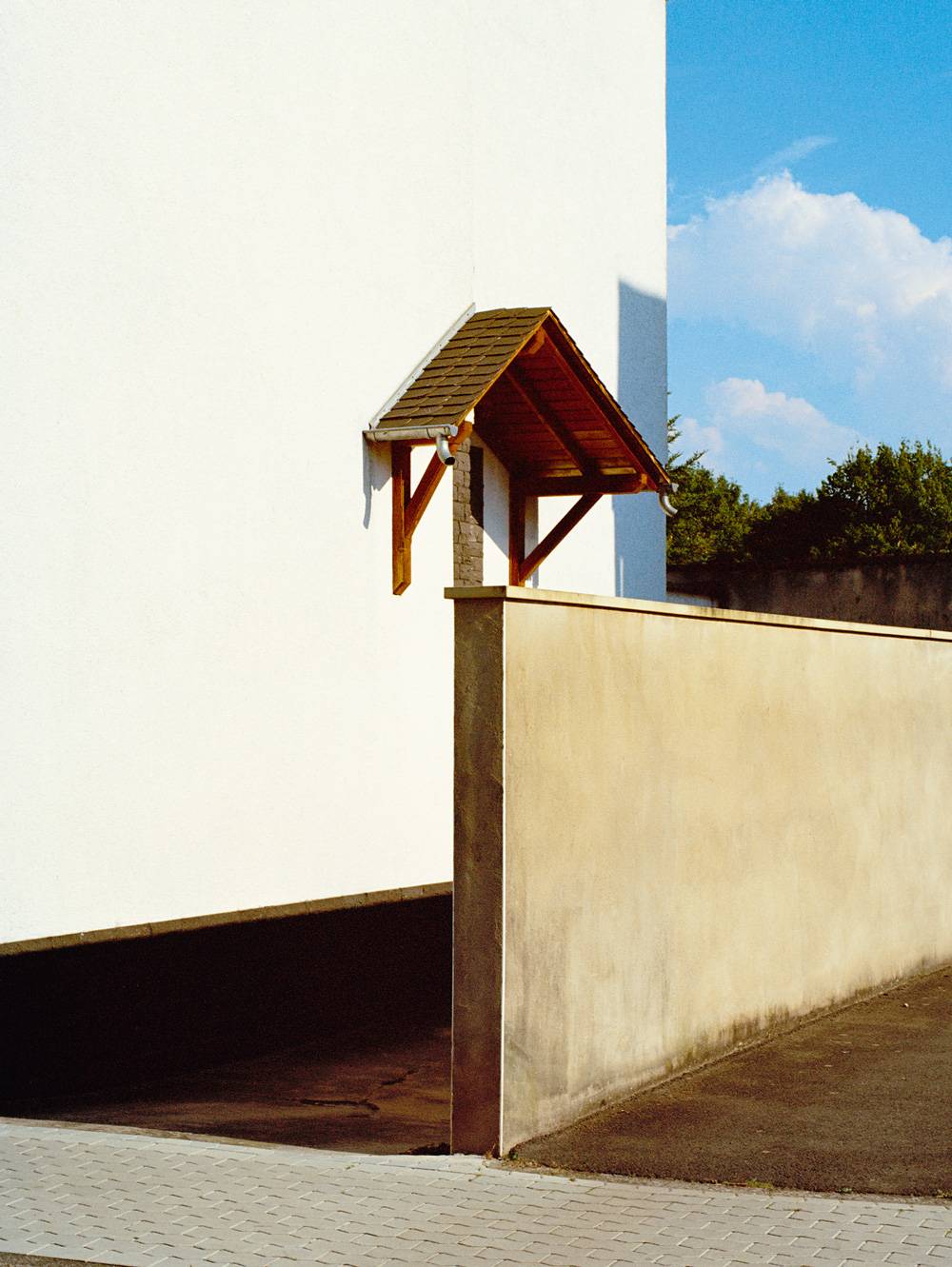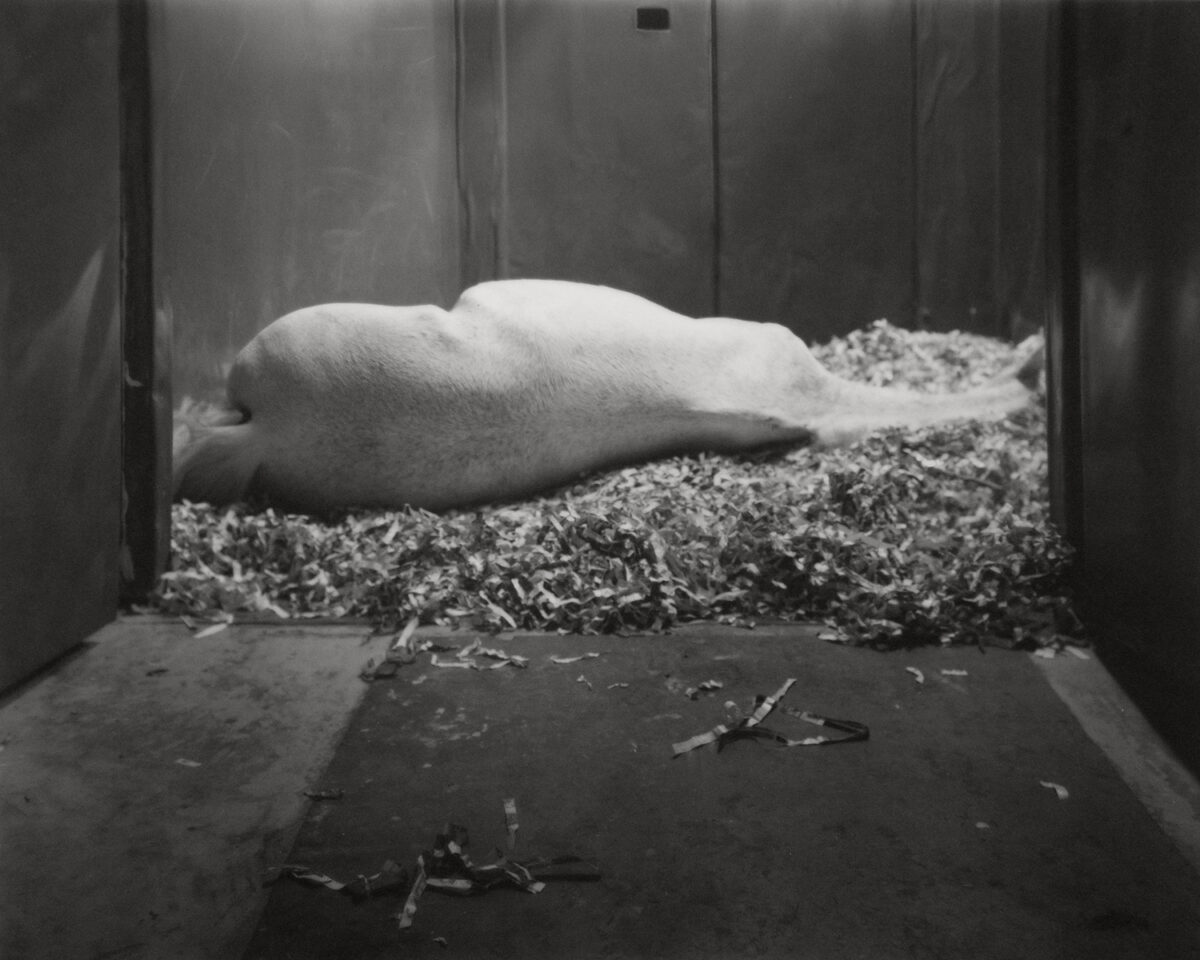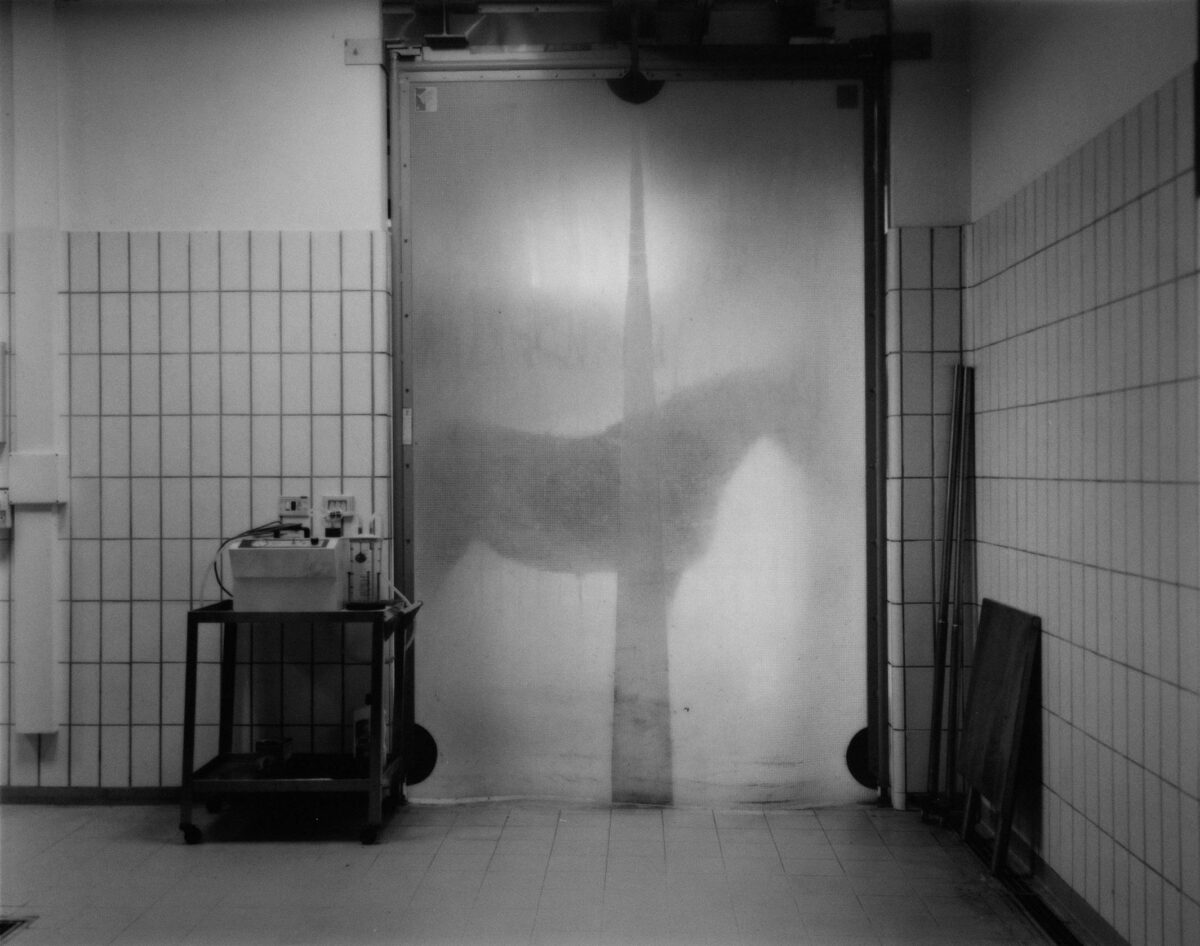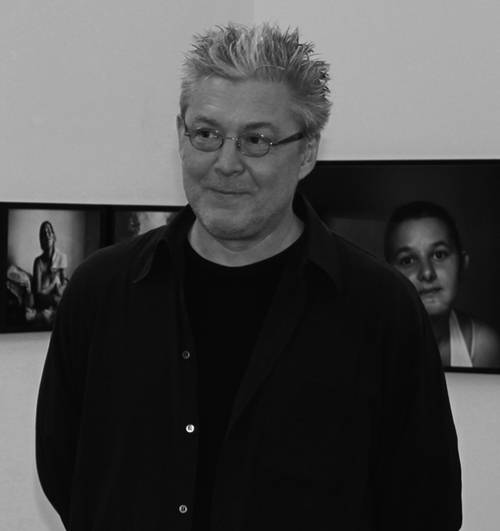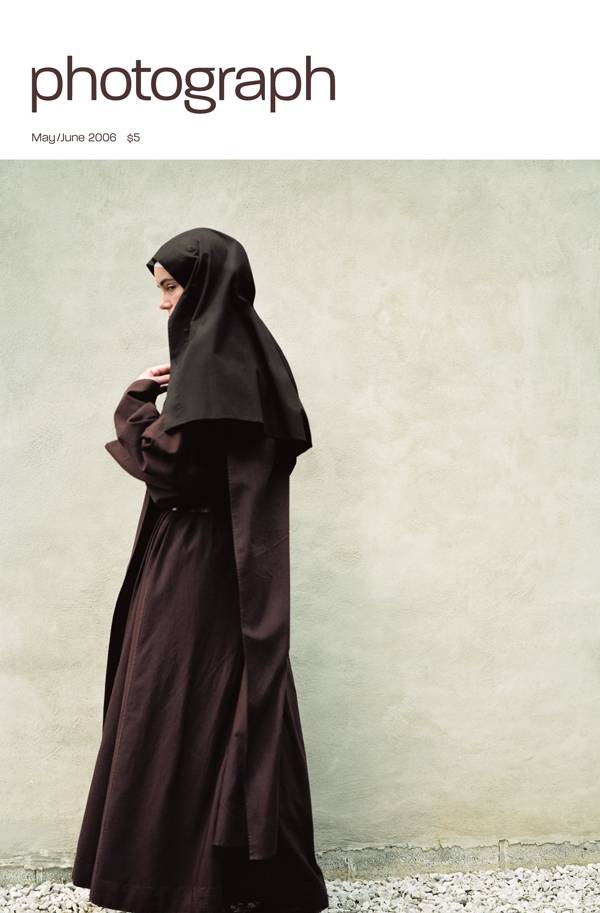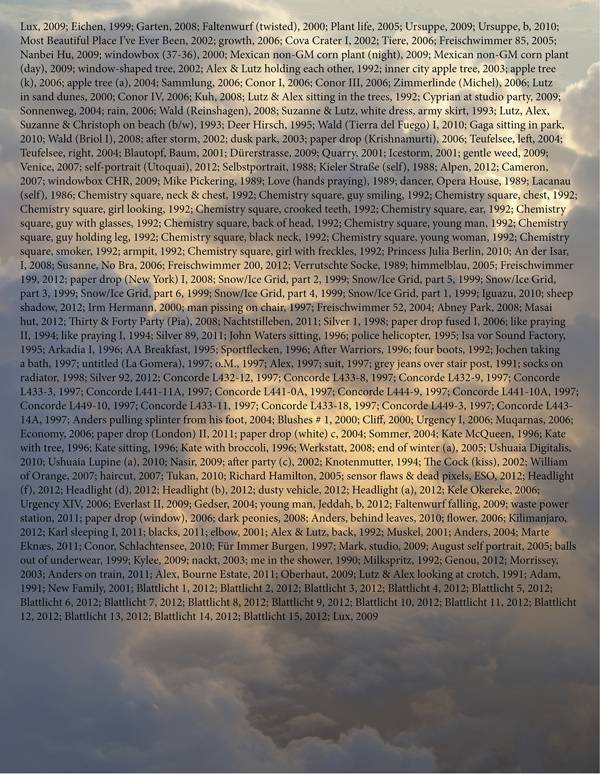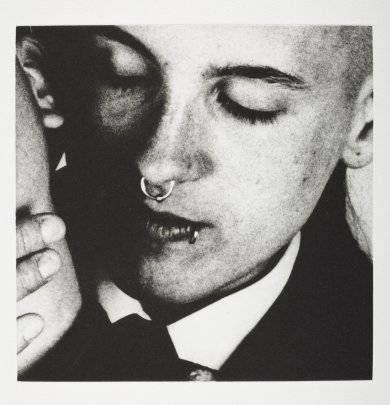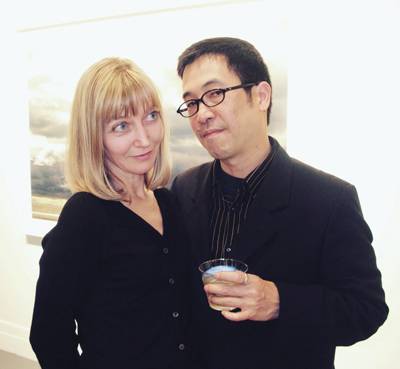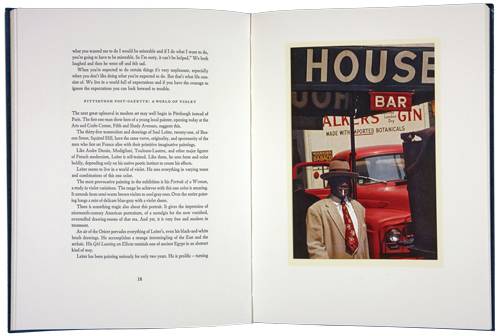Andrea Grützner graduated from Germany’s prestigious Bielefeld University in 2014 with a master’s degree in photography. After much reflection and experimentation, she knew that she wanted to explore places and spaces, both public and private, in her photographs. By concentrating on deconstruction and abstraction, she created images quite unlike those captured in traditional architectural photography. Her incisive work quickly received attention – her photographs have been exhibited in group and solo shows (including at Julie Saul Gallery at the end of 2016), and she’s been awarded prizes and scholarships.
Most recently, the German city of Koblenz awarded her its biannual scholarship to photograph the town and portray her unique vision of it. This series, called das Eck (the Corner), creates a profile of the city without showing any of its traditional landmarks. Koblenz is a historic town that was heavily bombed during the war; today, it is an architectural mishmash of historic and postwar buildings. Grützner, who is intellectually steeped in theory about spaces and their functions, decided to ignore the town’s conventionally beautiful locations. She walked, looked, and methodically documented the intricate details, the repetitions, and the graphic order that appealed to her particular way of seeing.
Her pictures work in a multitude of ways, often achieving opposing goals. They are abstract, ambiguous, and at times lyrical, yet also concrete and graphic. She uses color decisively and stresses form and shapes. Each picture works on its own, but together they add up to a dynamic perspective of a postwar medieval town.
Grützner had taken with her to Koblenz a book of Magritte’s paintings as inspiration, and I think some of her best pictures have a touch of the absurd, as life does in a small town. She has been called an “anti-architecture” photographer, which I think is a compliment: no tedious, familiar vistas or traditional buildings. The city fathers received what they had asked for: a fresh and original view of Koblenz.

